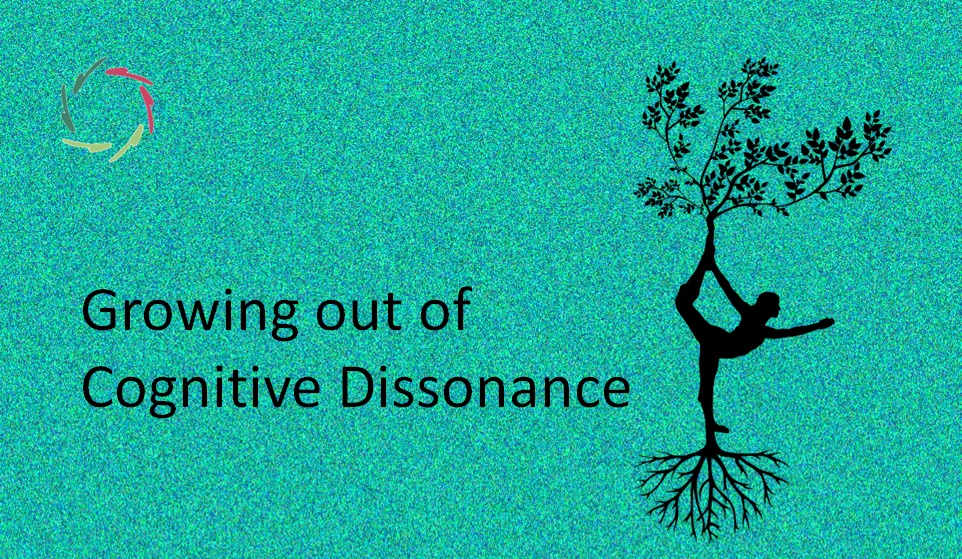The Open Therapist

Ample scientific evidence shows that psychotherapy works ― however, not the instrumental modalities. Then, what does work in therapy? Short answer: the therapist. Even more so, the Open therapist.
Please, read first: Psychotherapy versus Psychotherapies, or take a look at this recent video, featuring Dr. Stephen Bacon (and a little bit of me).
Empathy, placebo
Also important before reading further is the fundamental distinction between empathy and placebo.
A placebo is a construct that doesn’t work by what it is (for example, a sugar pill) but by the beliefs and expectations surrounding the product. A placebo’s ‘fundamental reality’ is how the beliefs and expectations work. We can take a brain view and a mind view on this. My preferred take is a brain=mind view, based mainly (not wholly) on two ways one can look at embodied patterns in the mind/brain ― for instance, in the field of chronic pain.
The concept of placebo lives in a construct, being an illusory view of reality. Inside this illusion, sugar can work as a painkiller. An Open therapist, by definition, strives as much as possible toward fundamental reality ― no illusion or construct. In fundamental reality, sugar doesn’t work as a painkiller. Fortunately, empathy works fundamentally, although not in a straightforward manner.
Empathy beyond
A few decades ago, the term ‘empathy’ was mainly used in healthcare to denote a strictly conceptual way of dealing with people, enabling the empathizer to “correctly name the other person’s feelings, etc.” In one scientific article from 2012, I went radically beyond this restriction. Meanwhile, I can point to the importance and characteristics of the subconceptual level of mental-neuronal patterns (MNPs) and what this broadly means to our thinking, including empathy. Empathy ‘beyond’ (the conceptual) refers to how two or more people can share MNPs ― inter-individually overlapping patterns.
This works through subconceptual overlapping, like two complex blueprints that partially overlap.
Openness is necessary to make this happen.
Stones may collide with each other, but they don’t overlap.
Two entities of some fluid may flow into each other, but there is also no overlap.
A person’s mind patterns can overlap with another person’s without colliding or flowing/disappearing into each other. This – profoundly and ethically! – is what Openness in coaching, leadership, etc., primarily refers to. It’s not about stones or fluids. It’s about evolving – growing – together.
Ironically said, the Open therapist becomes his own healer, time and time again, and the client may take part in this. It can be gratifying in both directions.
Fundamental coaching
As I described above, the principle may seem obvious and straightforward. The practical implementation and implications may fill many books. You can find several elements within the blog categories on the AURELIS blog-wiki. Feel free to explore.
Fundamental coaching strives to act in fundamental reality, which is seen as closely – as closely as possible – related to what goes on in the brain. Note that this is not yet necessarily the same as ultimate reality, but the striving, at least, goes in that direction. As said, one element in this is to get beyond placebo anywhere possible.
Open coaching
‘Open’ doesn’t mean that an illusion cannot be used. An excellent poem still is an excellent poem, even if it’s about metaphors from a to z. The point is that the poet is Open to what is metaphorical. He doesn’t pretend it to be more than that. At the same time, there is no denigration in this – taken that it is an excellent poem. Such a poem is about a very fundamental reality expressed in a non-fundamental way. That’s OK.
The same with Open coaching. Taken that it’s about excellent poetry, the Open therapist may use whatever he wants ― in Openness. He doesn’t simulate. He doesn’t use constructs without noting that, to him, these are constructs. Of course, no need to repeat it time and again. Maybe once at the start of each encounter is enough.
This might seem to some like a mere restriction for such a therapist. However, being Open – and only then – he can fully bring himself to bear as a total person. Eventually, this is the best instrument ― no techniques to be used toward the client.
How-to is in-depth what AURELIS coaching is about.
The more open/fundamental this coaching, the more it can be rolled out globally, including Lisa. One day, can we see through this a growing together of global mental healthcare? This is a very peculiar, yet logical and, in my view, necessary idea.


